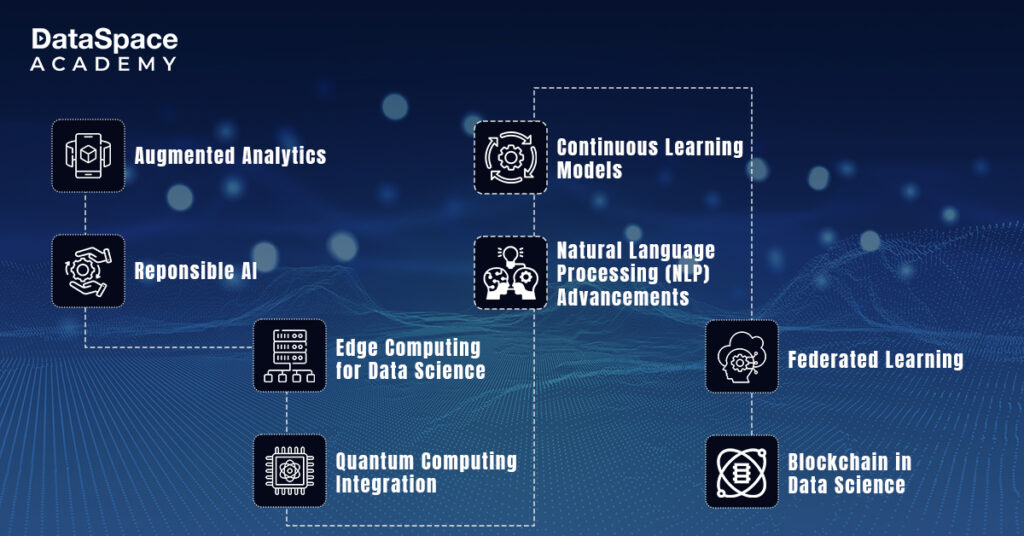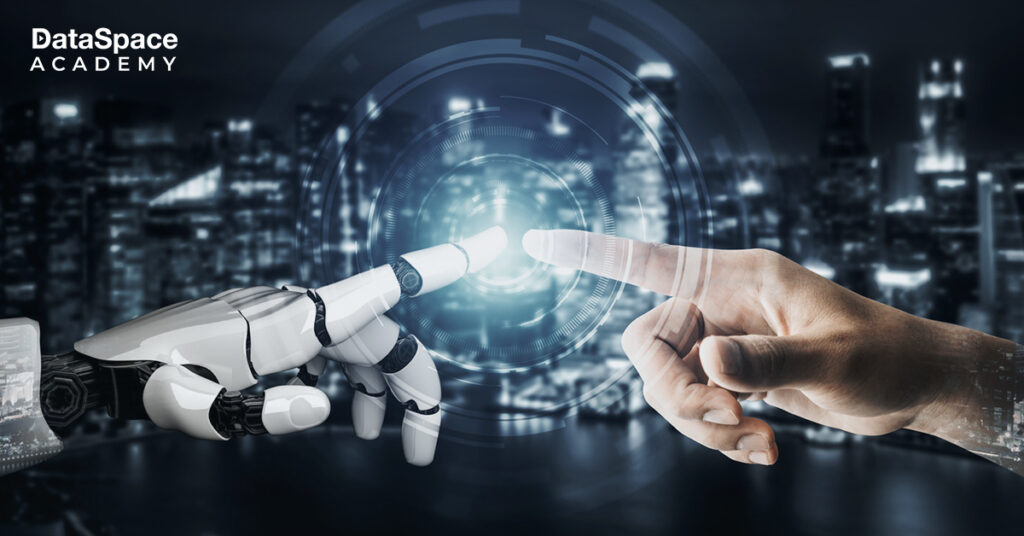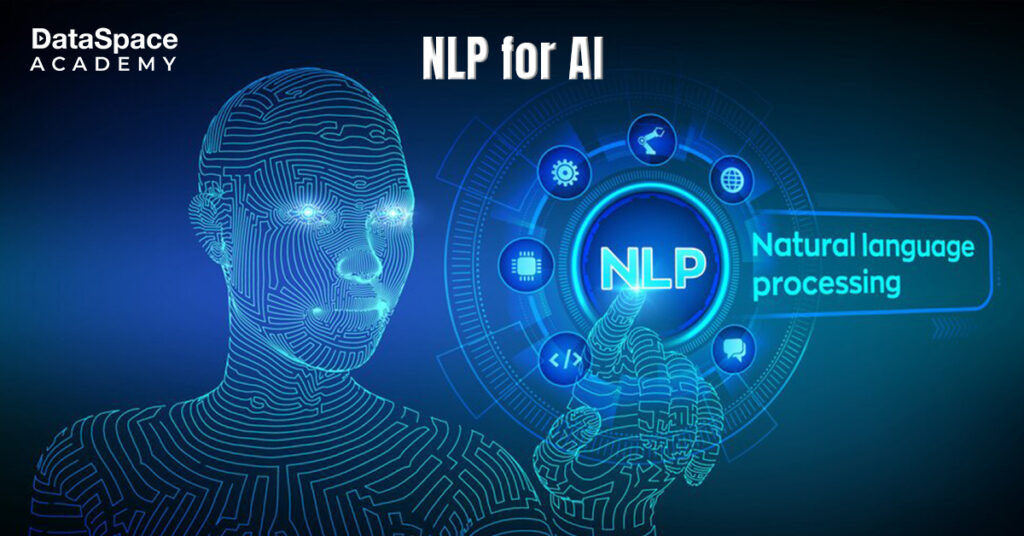In the fast-paced realm of data science, adaptability is key. As we stand on the precipice of 2024, the landscape continues to metamorphose, presenting a canvas of challenges and opportunities. This article explores eight pivotal
data science trends shaping the future of the domain, emphasizing the critical need to stay informed and adaptable in this ever-evolving field.
The
emerging trends in data science are not just waypoints for the present; they are guiding lights illuminating the path to a transformative future. In the coming decade, these trends will play a pivotal role in reshaping industries, fostering innovation, and addressing complex challenges. Let's learn how these trends will contribute to the evolution of data science and its profound impact in the next ten years.

Augmented analytics, a fusion of machine learning and AI, is revolutionizing the data analysis process. By automating data preparation, insight discovery, and knowledge sharing, this trend accelerates decision-making for data scientists.
Augmented analytics is set to empower decision-makers by expediting the data analysis process. In the coming decade, this trend will evolve to seamlessly integrate with decision support systems, enabling not just data scientists but also business leaders to make informed and timely decisions. The marriage of machine learning and AI in augmented analytics will transform raw data into actionable insights, serving as a catalyst for innovation across industries.
This is one of the most significant
recent trends in data science.
The increasing integration of AI in data science necessitates responsible practices. Ethical considerations, transparency, and accountability in AI algorithms and models are becoming paramount to align with societal values and mitigate biases.
As AI continues its ascendancy, the focus on responsible AI practices will become even more critical in the coming decade. This trend will contribute to the establishment of robust ethical frameworks, ensuring that AI algorithms and models align with evolving societal norms. The next ten years will witness the integration of ethical considerations into AI development processes, fostering trust and minimizing biases in AI-driven decision-making.
Edge computing is fast taking centre stage when it comes to addressing the deluge of big data. This trend involves processing data closer to its source, thereby minimizing latency. It will further help to enhance real-time analytics, making it one of the major
current trends in data science.
The next decade will witness the full realization of edge computing's potential in data science. As the volume of data continues to soar, edge computing will become the backbone of real-time analytics. This trend will empower industries such as healthcare, manufacturing, and finance to harness data at its source, enabling swift and precise decision-making- and eventually, laying the foundation for the era of the Internet of Things (IoT).
Quantum computing's potential for handling complex computations is influencing data science- and for the better. While widespread adoption is on the horizon, integrating quantum computing into data science workflows promises transformative impacts on problem-solving capabilities.
Although quantum computing integration is in its infancy, the coming decade holds the promise of revolutionary changes. As quantum computing capabilities mature, data scientists will unlock unprecedented problem-solving potential. Complex computations that were once insurmountable will become routine, leading to breakthroughs in fields such as cryptography, optimization, and drug discovery.

Departing from static models, continuous learning models are fast gaining traction. This trend emphasizes adaptability, allowing models to learn from new data in real-time, ensuring their relevance in dynamic environments.
Continuous learning models will be the bedrock of adaptability in the future. Their ability to evolve in real-time with new data will be instrumental in addressing the dynamic challenges posed by evolving technologies and market landscapes. This trend will lead to self-optimizing systems, ensuring that machine learning models remain effective and relevant in an ever-changing world.
NLP evolution is reaching new heights, enabling the extraction of valuable insights from unstructured data. Advanced NLP techniques play a pivotal role in handling complicated tasks like sentiment analysis, language translation, and contextual understanding.
In the coming decade, NLP advancements will revolutionize human-computer interaction. Enhanced language understanding will lead to more sophisticated virtual assistants, improved sentiment analysis, and seamless cross-language communication. The fusion of NLP with other emerging technologies will lead to more intuitive and responsive systems, redefining the way we interact with machines.

Addressing privacy concerns, federated learning claims to play a key role. This trend involves training machine learning models across decentralized edge devices without exchanging raw data, preserving data privacy while harnessing collective insights.
Federated learning will continue to gain prominence in the next decade as privacy concerns become even more paramount. The ability to train machine learning models across decentralized edge devices without sharing raw data will become a cornerstone in preserving individual privacy - while still benefiting from collective intelligence. This trend will shape the future of collaborative and privacy-conscious data science.
Blockchain technology enhances security and transparency in data science. This trend involves leveraging blockchain for data validation, safeguarding dataset integrity, and fostering trust in analytical results.
As data becomes increasingly valuable, blockchain's role in fortifying trust and security will be indispensable in the coming decade. Blockchain technology will ensure the integrity of datasets, verify the authenticity of data sources, and establish transparent and tamper-proof audit trails. This trend will foster a new era of trust in data-driven decision-making, crucial for industries such as finance, healthcare, and supply chain management.
The data science landscape is undergoing a profound transformation, demanding an acute awareness of emerging trends. Professionals and organizations embracing these trends will navigate the future with enhanced capabilities. Staying informed and agile is the mantra; let data science lead the way into a new era of discovery and insights, where each data point contributes to the mosaic of progress.
Stepping into 2024, the data science journey promises to be exhilarating and challenging, with trends serving as beacons toward a dynamic and impactful future. Hence, Dataspace Academy has an array of
data science courses that you are looking for in Kolkata. The
data science online classes come with internship and placement assistance to help build a shining career in the dynamic field of data science




